When you work in the media as a practicing Catholic, there are few things more hilarious than watching fellow journalists repeatedly fail miserably to get even basic components of your faith correct. I will never forget seeing NBC News’s Chuck Todd tweet this about Good Friday in 2018:
I’m a bit hokey when it comes to “Good Friday.” I don’t mean disrespect to the religious aspect of the day, but I love the idea of reminding folks that any day can become “good,” all it takes is a little selflessness on our own part. Works EVERY time.
Oof. Surely holding the elevator door for someone in your high-rise apartment building comes nowhere near Christ’s sacrificial death on the cross for all of humanity and its sins. Amazingly, Todd’s tweet demonstrating his childish understanding of Good Friday is still up on his account.
A more recent example of the media’s malpractice when it comes to covering religion was during Representative Mike Johnson’s elevation to speaker of the House. Numerous outlets accused him of being “fringe” because he actually believes in Christian teachings, fear-mongered that he would eliminate religious freedom under the First Amendment (how, pray tell, would a single member of Congress even do this?) and asserted it was creepy and weird to take measures to ensure his son did not watch pornography.
The abject shock and horror expressed by the media at relatively widespread and mainstream Christian values — combined with their complete ignorance of what those values actually mean and entail — doesn’t come as a surprise when you look at the general irreligioisity of journalists. In 2013, Poynter estimated that only 8 percent of journalists at national publications attended religious services weekly, compared to 39 percent of the general population. In a 2022 HarrisX survey on faith and the media, journalists acknowledged their newsrooms lacked individuals who could cover religion accurately and thoroughly. They also said there was a general newsroom bias against religion as being extreme and/or something only worth talking about in the context of conservative politics.
The media’s religious blindspot was on full display this week in a Politico article about the Center for Renewing America, a conservative think tank founded by Russ Vought, the director of the Office of Management and Budget during the Trump administration. According to Politico, CRA, “an influential think tank close to Donald Trump,” is “developing plans to infuse Christian nationalist ideas in his administration should the former president return to power.”
The piece repeatedly frames “Christian nationalism” as something to be afraid of, suggesting it is a form of authoritarian theocracy. The actual definition is rather tame: “Christian nationalists in America believe that the country was founded as a Christian nation and that Christian values should be prioritized throughout government and public life.” It is a fact that America was founded on Christian values — and it is unclear why it would be problematic to believe that these values should continue to guide public policy. A 2022 Pew Research poll found that 60 percent of Americans believe the Founding Fathers intended for the US to be a Christian nation, and 45 percent believe the US should still be a Christian nation.
Leftists and the media continually proclaim that the idea of separation of church and state requires public officials to check their faith at the door of the Capitol building. This comes from a basic misinterpretation of the separation of church and state (that clause never appears in the Constitution, by the way); Thomas Jefferson’s letter to the Danbury Baptists indicates he was concerned with government interfering with religion, not the other way around. It is also impossible to contend with the idea that Christians cannot legislate from a religiously informed moral framework while members of other religions and non-theists don’t face the same level of scrutiny regarding their motivations. The establishment clause prohibits government from establishing an official religion; it does not prohibit citizens in the government from behaving according to their faith.
Anyway, the Politico article is premised on the idea that they obtained leaked documents by CRA staff that identifies Christian nationalism as a top priority for a second Trump term, along with implementing restrictionist immigration policies and invoking the Insurrection Act to quell riots. I have it on good authority that the document they are referring to never existed. (Even if it did, I doubt that CRA or Vought would have any problem with its contents as Politico describes them).
Rachel Cauley, a spokesperson for CRA, told Politico straight up that their reporting was false.
“The so-called reporting from Politico is false and we told them so on multiple occasions,” Cauley said to them in a statement.
Later on in the article, Politico shows its butt again by attempting to define natural law, a philosophical concept that there are objective moral truths that can be discerned through observations about human nature. Natural law forms the basis of the Declaration of Independence (“we hold these truths to be self-evident”).
But here’s Politico’s definition:
“Natural law is the belief that there are universal rules derived from God that can’t be superseded by government or judges. While it is a core pillar of Catholicism, in recent decades it’s been used to oppose abortion, LGBTQ+ rights and contraception.”
Sigh. Natural law as a concept posits that morality is discoverable through logic and reason alone; humans intrinsically know what is good and what is bad. While many believe that these innate truths come from our Creator, it is entirely possible to have a secular vision of natural law. Reducing it to a “pillar of Catholicism” is also a convenient way for Politico to dismiss its impact on the American founding.
I’m told by a source familiar that it took Politico three months to put this train-wreck of an article together. Politico perhaps thought that they had uncovered some insidious plot to install the Pope as the king of America. They almost certainly believed their work would damage CRA and Vought. Instead, they only confirmed themselves to be complete fools who, like most of the media, know nothing about basic concepts relating to conservatism, Christianity and the United States of America.



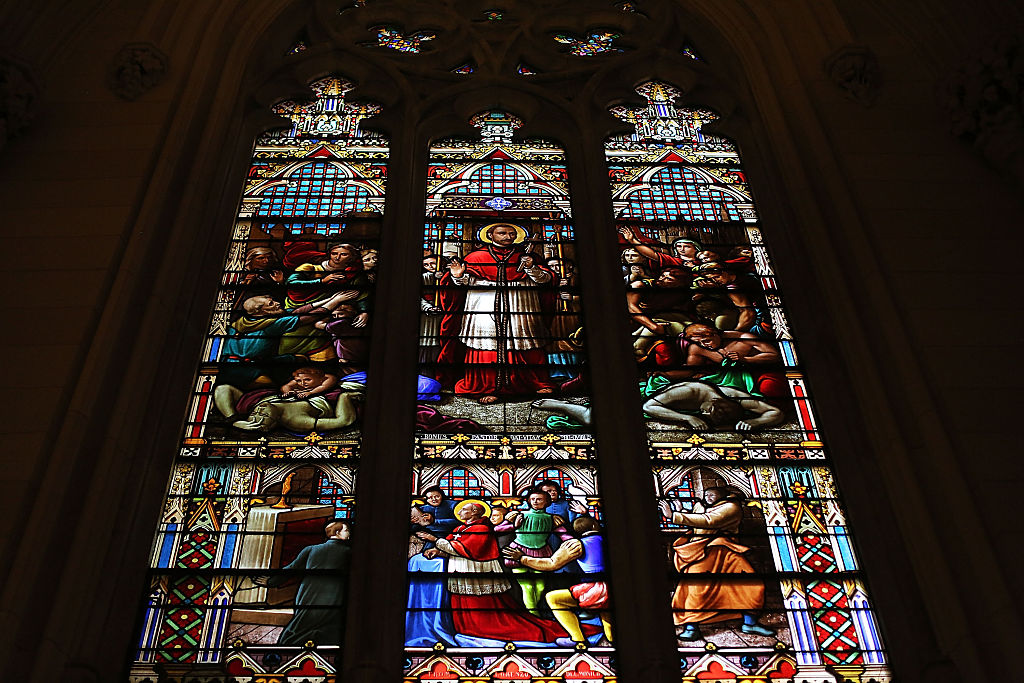






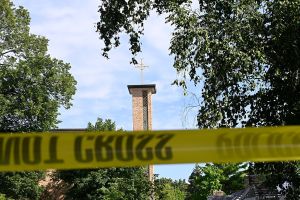
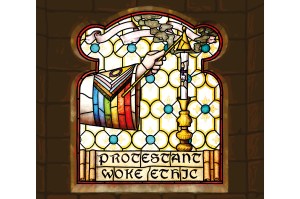
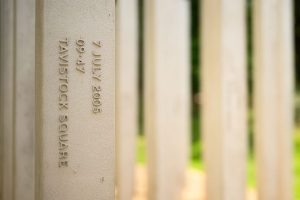
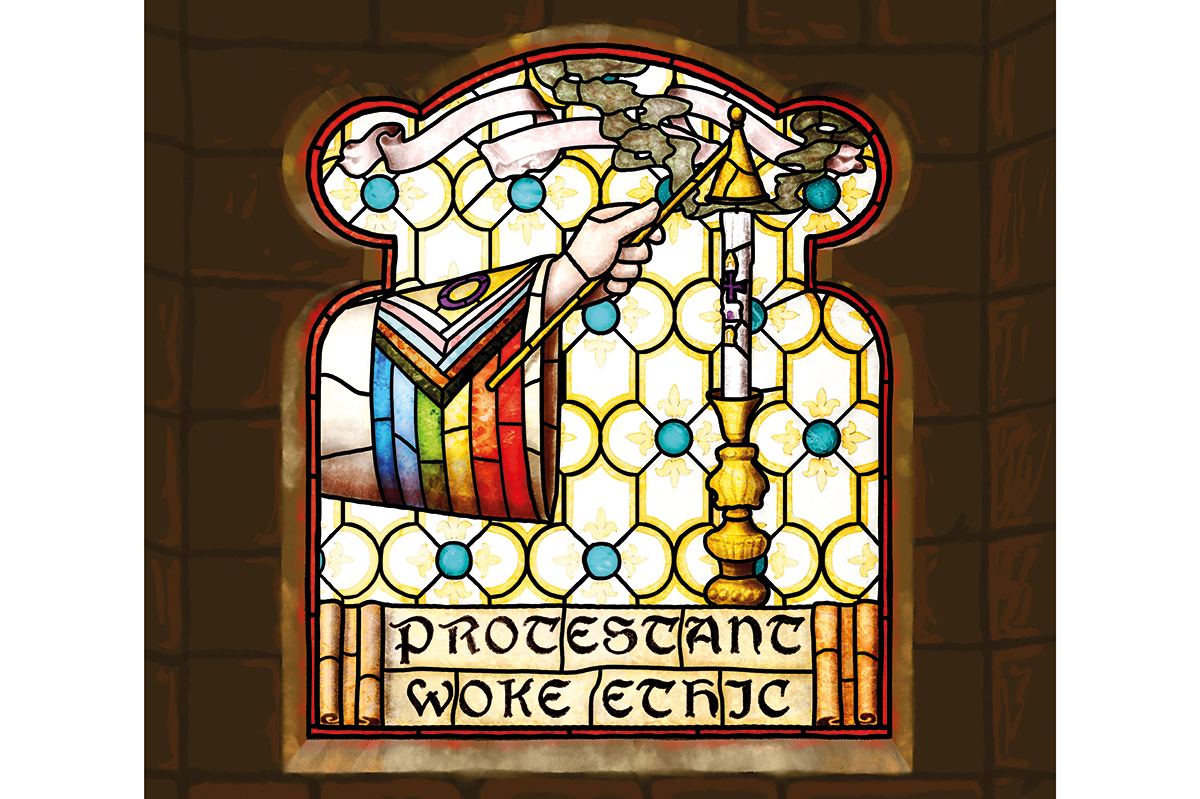

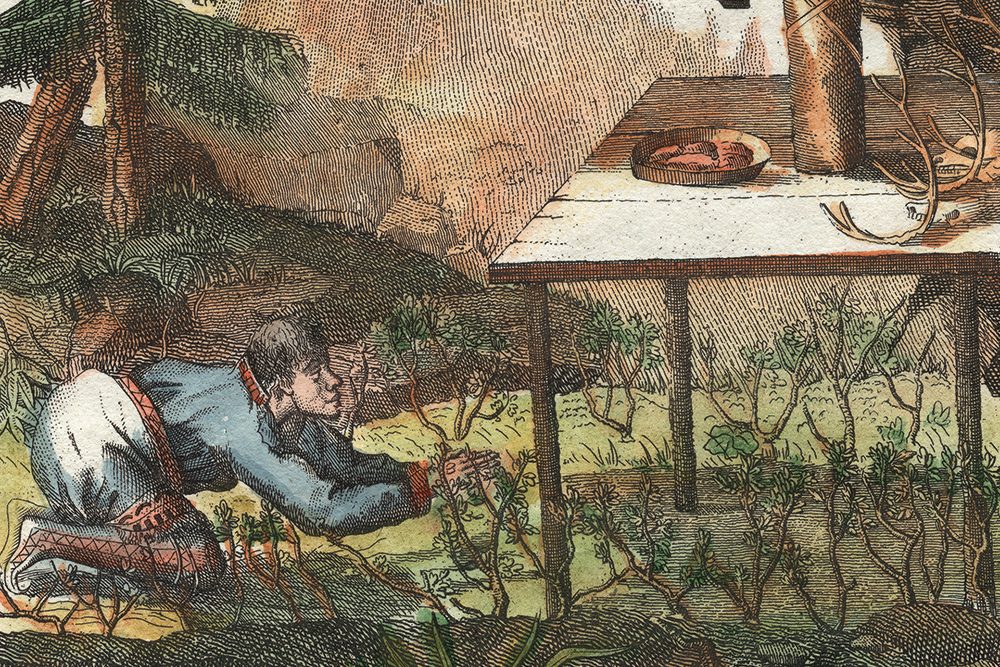
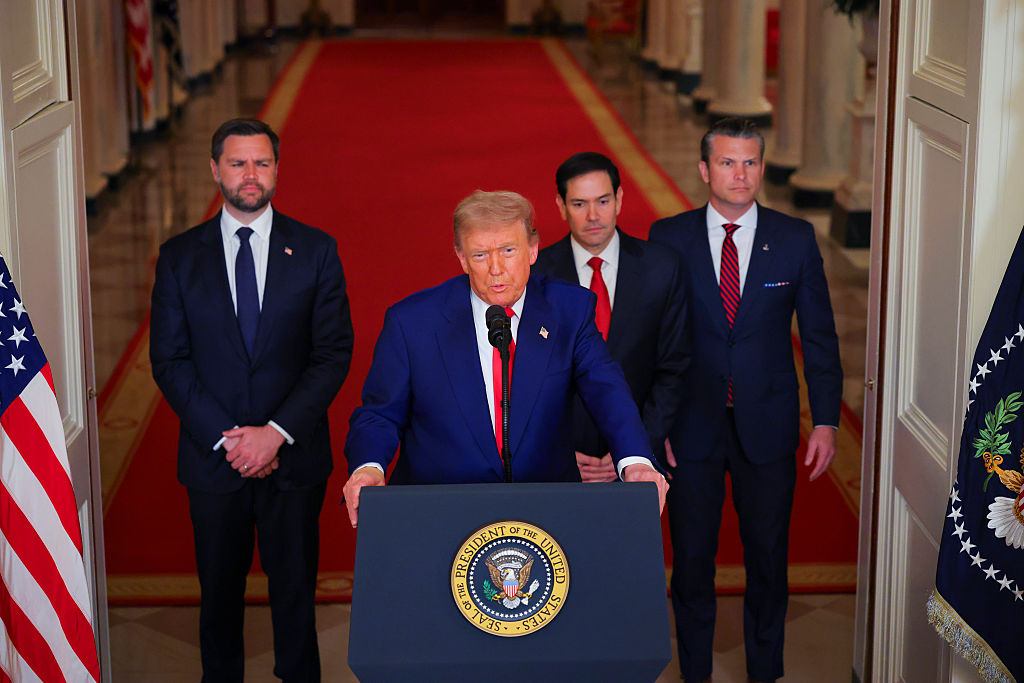
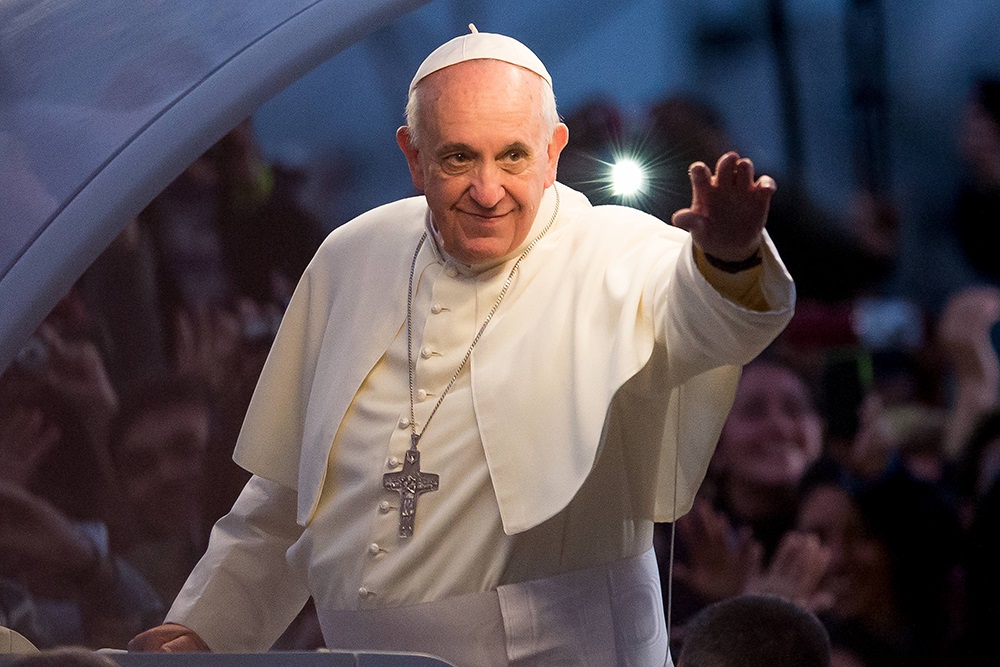
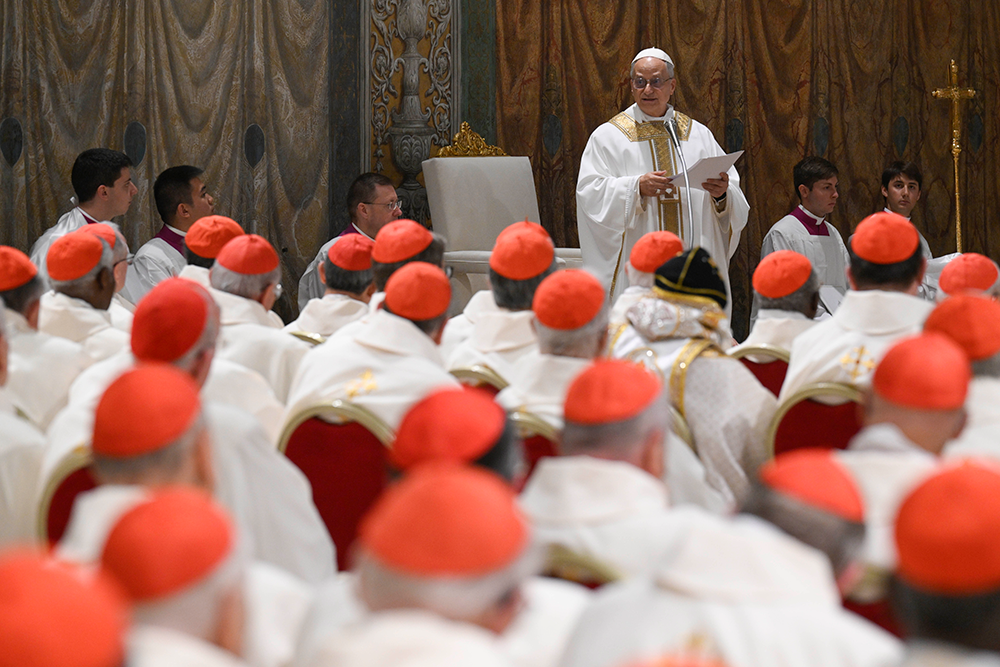







Leave a Reply